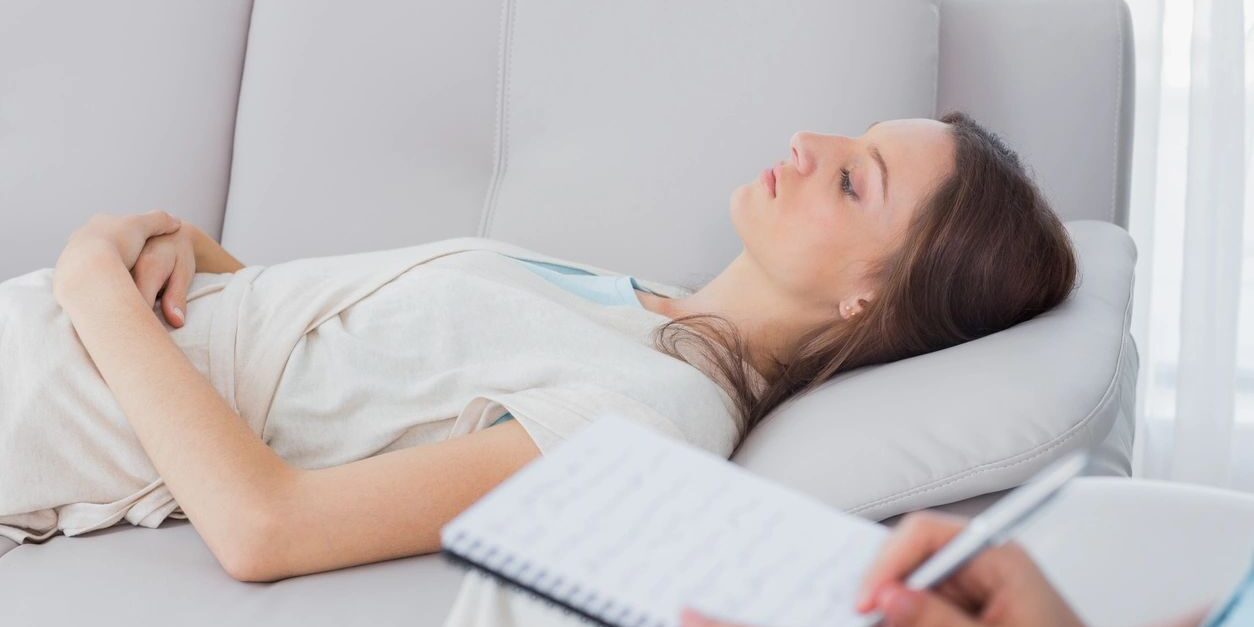Search Posts
Recent Posts
- Hypnosis with a Child April 17, 2024
- Get to Know Your Hypnotist – Part 2: Wally’s Wild & Wonderful Experiences March 25, 2024
- Get to Know Your Hypnotist – Part 1: Q&A with Wally Post March 19, 2024
- Lessons from my Hypnotist – Part 3: Practicing Self-Hypnosis for Anxiety & Role-Shifting March 5, 2024
- Lessons from my Hypnotist – Part 2: Clearing Emotional Blockage & Retained Grief February 14, 2024
Categories
Subscribe!
Thanks for subscribing! Please check your email for further instructions.


Fixing Sleep Issues with the Power of Hypnosis
The current pandemic has certainly changed the way we live our lives. It has affected many of our daily routines, and one of its biggest reports impacts has been on sleep – sleep becomes more elusive when we are anxious.
Many people are suffering from these sleep issues for the first time in their lives:
- Laying there awake for long periods until they finally rest
- Being unable to fall asleep at all
- Waking up several times during the night
- Having more intense and emotional dreams
- Feeling tired and groggy the next morning
- Finding it difficult to concentrate or function properly
- Feeling irritable
But good sleep strategies will help you sleep well and can limit the negative effects of poor sleep.
Try these SIX tips for calmer and better sleep.
1. Limit news intake and avoid your mobile device and tablets for at least an hour before bed.
Do something instead to boost your mood before bed – a humorous television program or an uplifting podcast can help you sleep.
2. Have structure to your day.
Our brain and bodies love structure. Wake, exercise, eat and sleep at regular times each day.
3. Focus on your breathing.
Think about resting and breathing rather than sleeping. Follow your breathing by silently whispering the words “in” and “out” to induce sleep.
4. Learn to relax.
Relaxation can switch off the stress response, physically and mentally. Find something that works for you – mindfulness meditation, progressive muscle relaxation, deep breathing, or a long hot bath.
5. If you can’t sleep – get out of bed.
Your bed should not be a battleground. Instead, try to enjoy the sensation of merely resting.
6. Try hypnosis to induce relaxation, and learn hypnotic techniques to help yourself at home.
Hypnosis can help many forms of sleep issues and insomnia. If you are not sleeping well, and traditional treatments are not working, hypnosis may be able to help you sleep the way you deserve.
It uses different approaches to induce relaxation, such as focused attention, symptom control, and guided imagery to promote relaxation.
And, unlike sleep medications, it has no side effects, so it can be an aid for those who can’t or don’t want to take sleeping pills.
It can help overcome bedtime restlessness – ease the worry, tension and anxiety that prevents sleep – and can show the way to the deep, restorative sleep that we all need.
Call me today at (765) 442-3210 for a free 15-minute phone consultation, and I will discuss with you how we can get you back on the road to great sleep!
Wally Post CH
